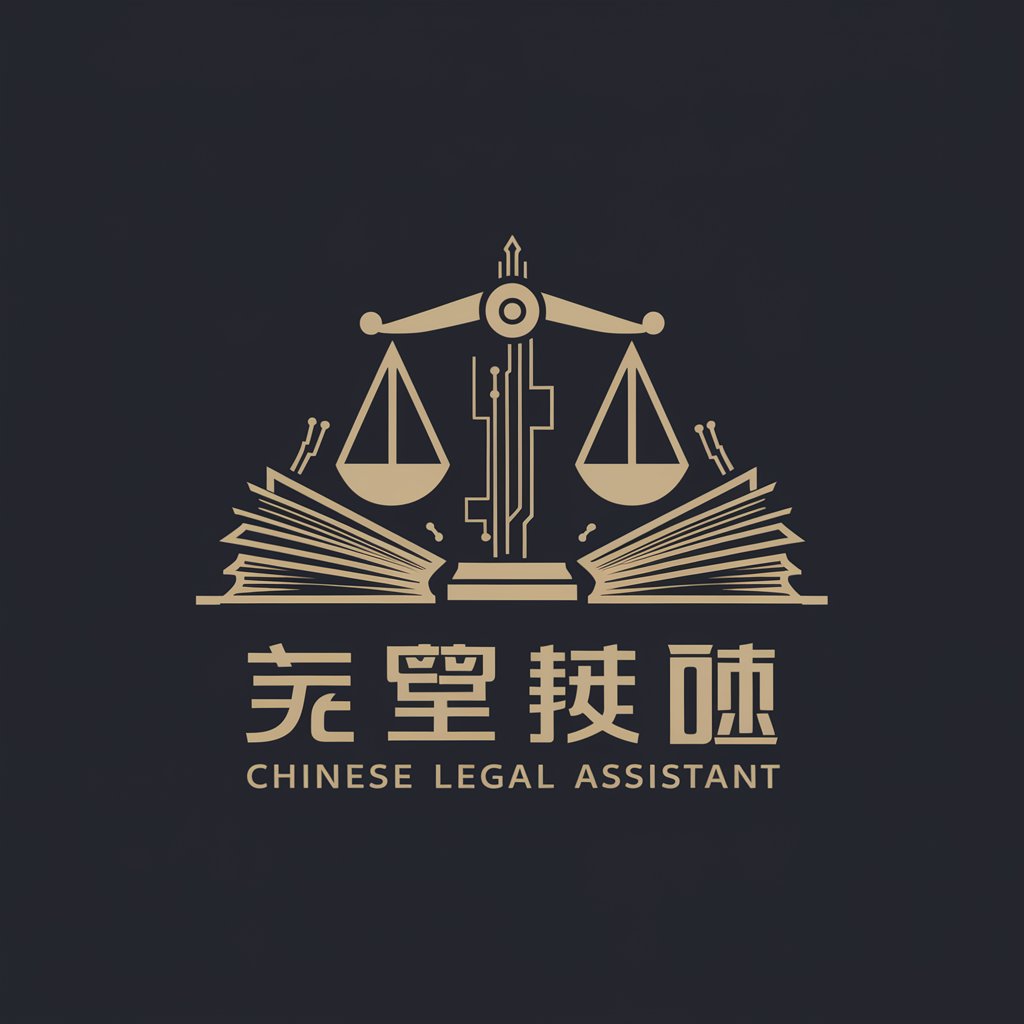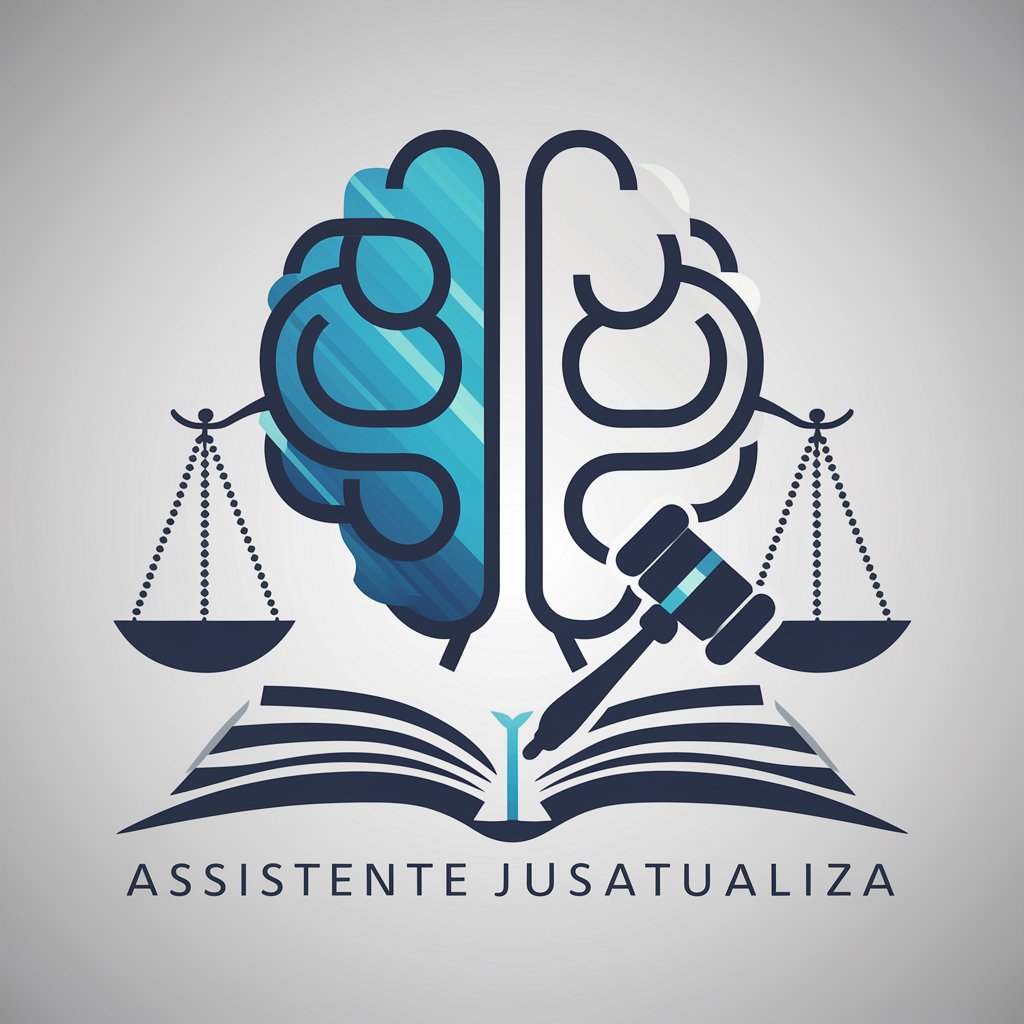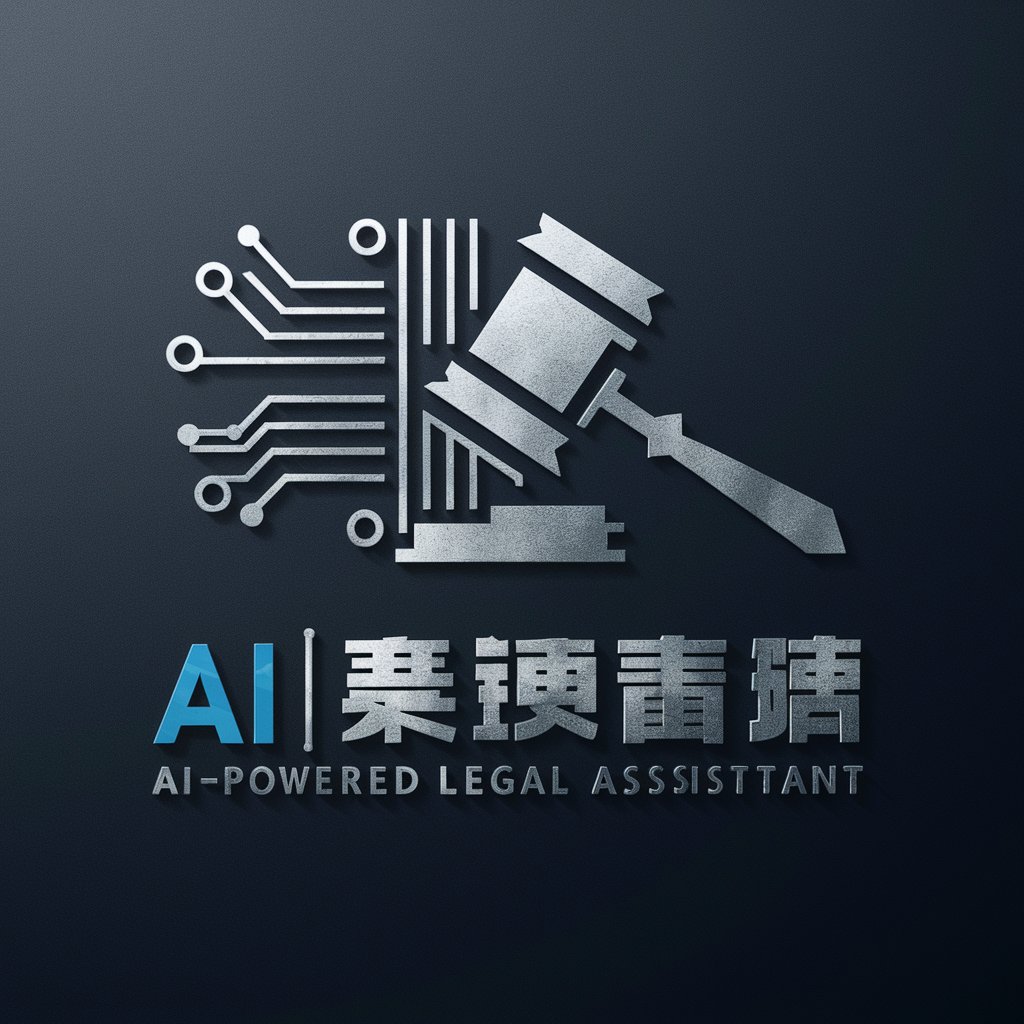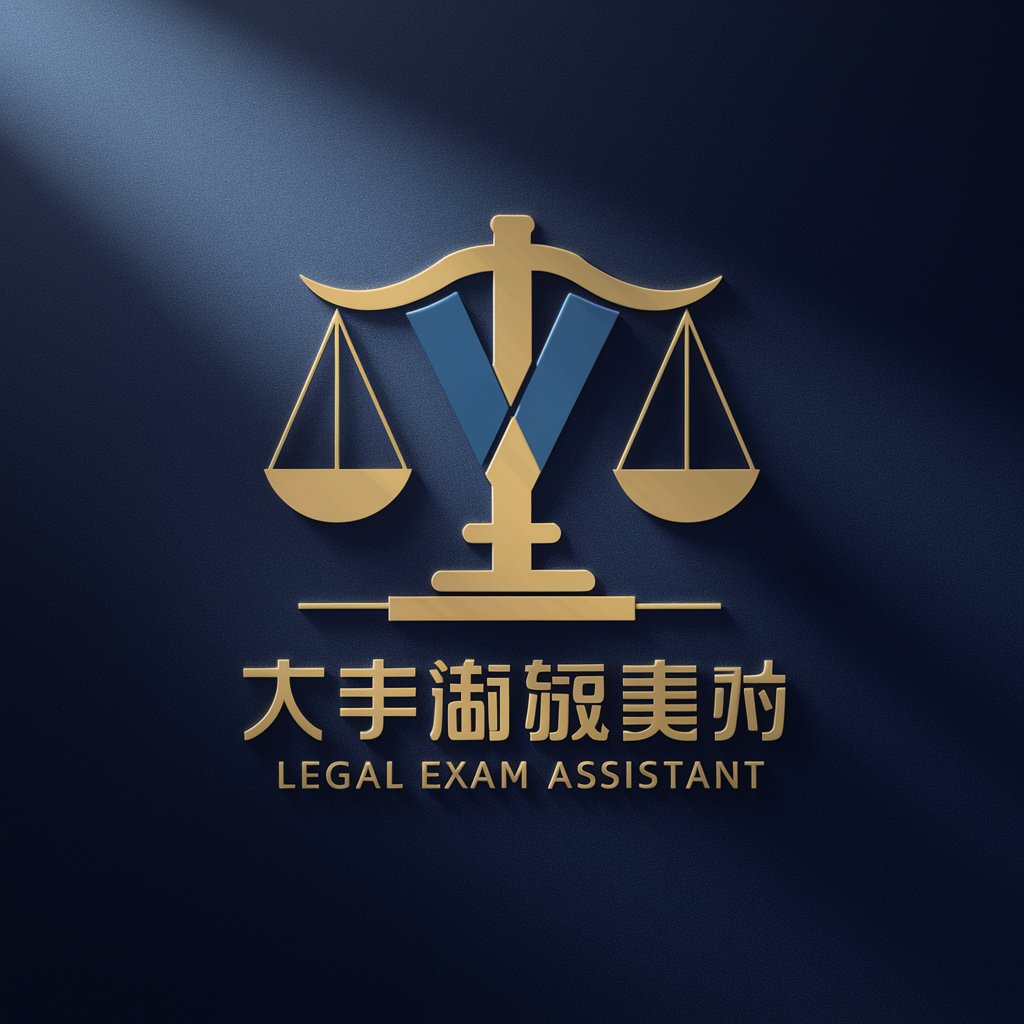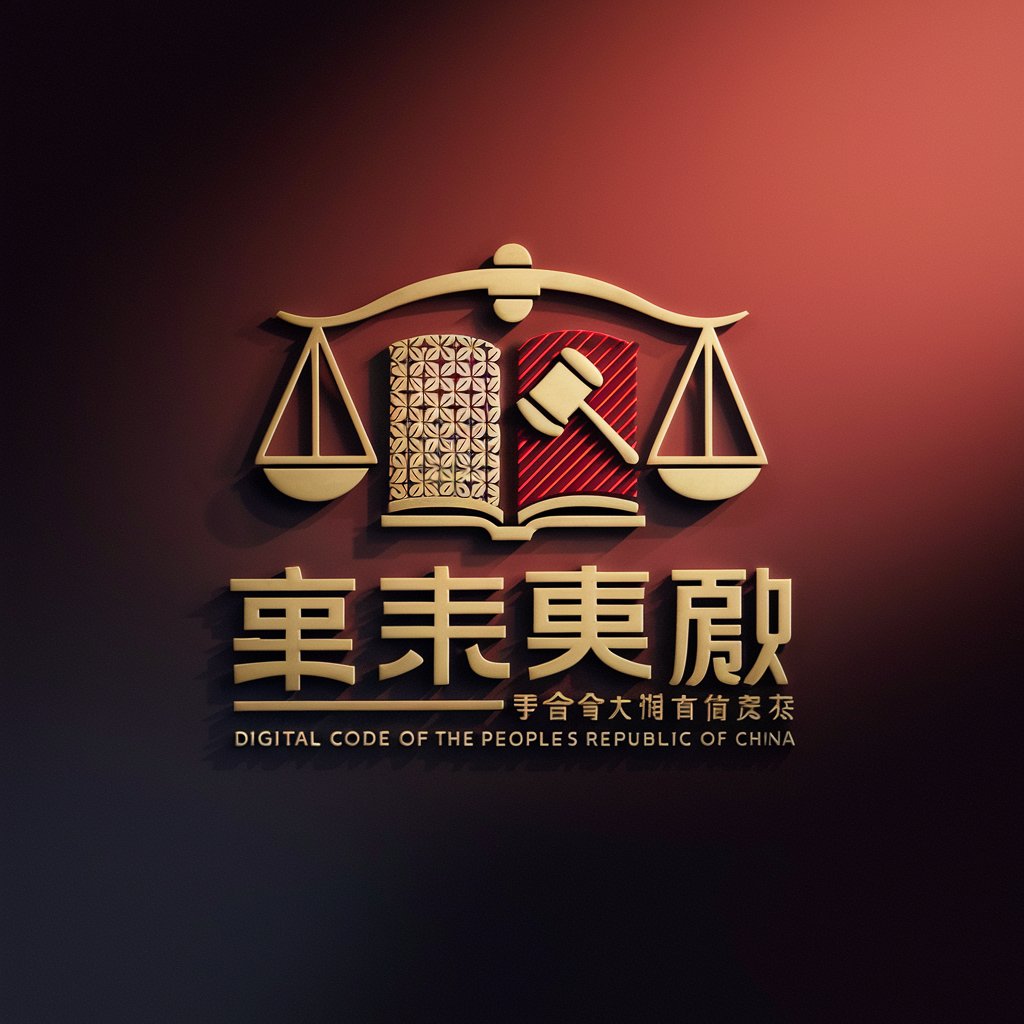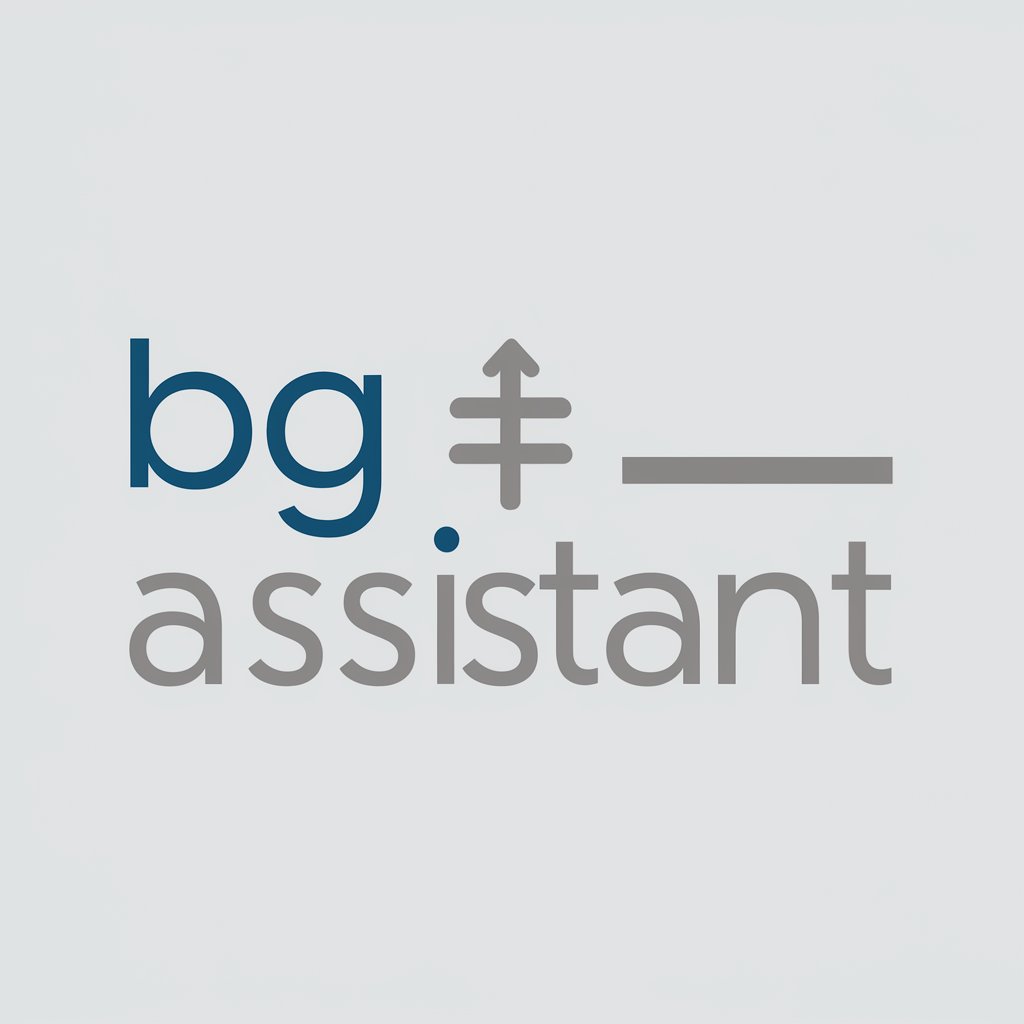
算法备案助理 - AI-powered algorithm registration guidance

您好!有关中国深度合成服务算法备案有何疑问?
Simplify Your Algorithm Registration Journey
在哪申请备案?
算法备案有那些流程步骤?
备案角色有哪些?
算法备案不通过的常见原因?
Get Embed Code
Introduction to 算法备案助理
The 算法备案助理 is designed as a specialized assistant focused on guiding and informing users about the algorithm registration (备案) process for deep synthesis services within China. This includes understanding and navigating the relevant legal and regulatory requirements. It serves to provide detailed, analysis-based answers by synthesizing information from a collection of real-world cases and frequently asked questions regarding algorithm registration. The assistant is not a government or legal professional entity; its advice is for reference only and not guaranteed for accuracy. Powered by ChatGPT-4o。

Main Functions of 算法备案助理
Legal and Regulatory Guidance
Example
Providing insights into the《互联网信息服务算法推荐管理规定》and how it applies to a specific AI service.
Scenario
A company developing a content recommendation algorithm for news applications.
Advice on Registration Process
Example
Explaining the step-by-step procedure for registering an algorithm as per the《生成式人工智能服务管理暂行办法》.
Scenario
An AI startup wishing to register its personalized recommendation engine.
Clarification on Registration Requirements
Example
Detailing the documentation and compliance required for the 《互联网信息服务深度合成管理规定》.
Scenario
A tech company seeking to understand the paperwork needed for their new chatbot algorithm.
Risk Assessment Assistance
Example
Helping in assessing and documenting potential risks as required by regulation.
Scenario
A firm preparing its algorithm safety assessment report for an AI-powered image synthesis tool.
Ideal Users of 算法备案助理 Services
AI and Tech Companies
Organizations involved in developing or deploying algorithms in fields such as news, social media, e-commerce, and more, which need to navigate complex regulatory landscapes.
Legal and Compliance Teams
Teams within companies responsible for ensuring that new products and services comply with the latest laws and regulations regarding algorithm usage and data security.
Startups in AI and Tech Space
Emerging businesses seeking to understand and comply with regulatory requirements for launching AI-driven products or services in the Chinese market.
Research and Academic Institutions
Academic researchers and scholars exploring legal frameworks and regulatory impacts on AI and algorithm development within China.

How to Use Algorithm Registration Assistant
Step 1
Visit yeschat.ai for a no-login, free trial experience, without the need for ChatGPT Plus.
Step 2
Identify your specific query related to algorithm registration within China, such as legal requirements, process steps, or documentation needed.
Step 3
Input your query into the interface provided on the site, ensuring clarity and specificity to receive the most accurate assistance.
Step 4
Review the generated response for guidance on algorithm registration, including applicable laws, procedures, and key considerations.
Step 5
Utilize the provided information to prepare your algorithm registration documentation and follow through with the official submission process.
Try other advanced and practical GPTs
KI Grundkurs: Begriffe & Basics in 10 Min
Demystifying AI for Beginners

Humor Scribe
Crafting Comedy with AI Precision

Dr Insight
Empowering Your Research with AI

Video Summarizer
Simplify Learning with AI

Scénario Calendrier
Craft Daily Episodes, Powered by AI

Agents Helper
Empower your code with AI
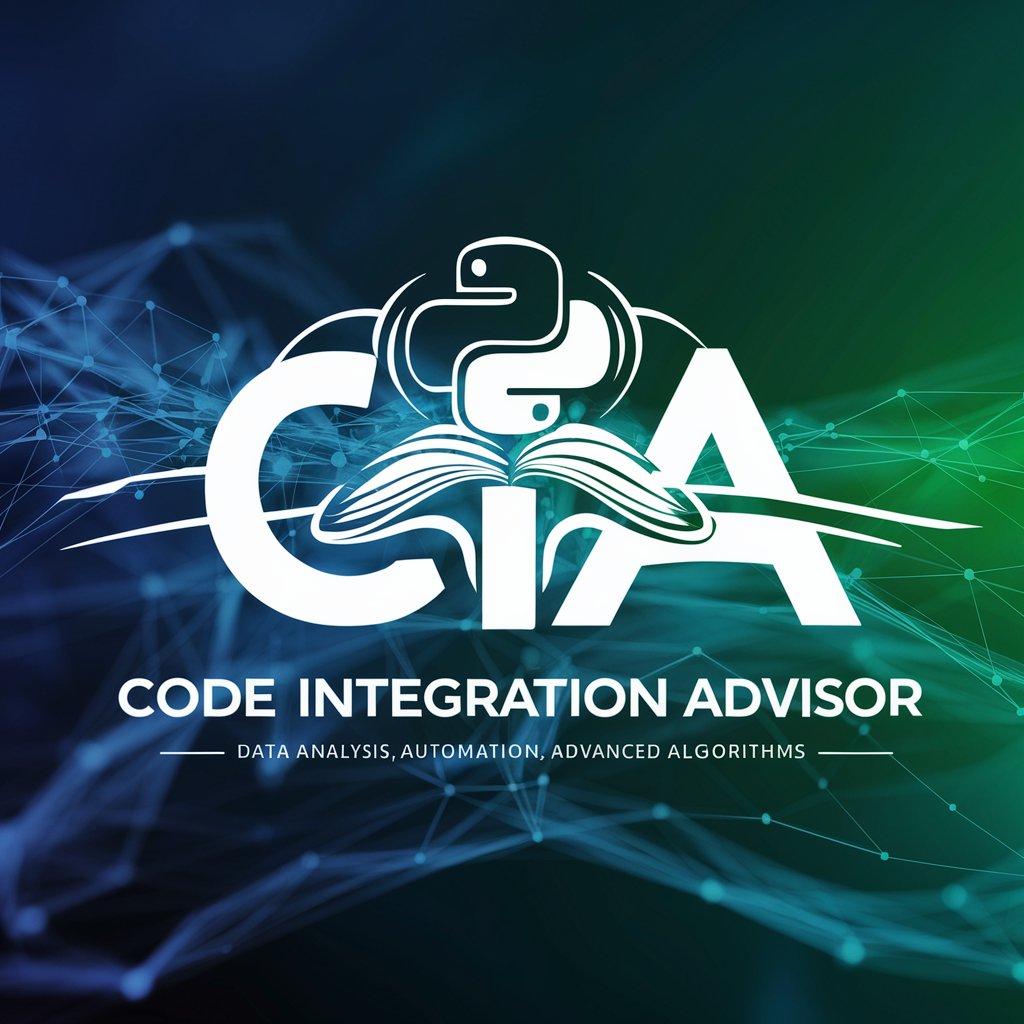
IA
Elevate Creativity with AI-Powered Imaging

ゲームの世界観にマッチする乗り物を考案する。乗り物デザイナー - Vehicle Designer
Craft Game Vehicles with AI

乗り物デザイナー
Transform your ride with AI-powered traditional aesthetics

ステーブ・ジョブス(メンター)
Inspiring Leadership with AI

Bug Buddy
Demystifying Node.js Errors with AI
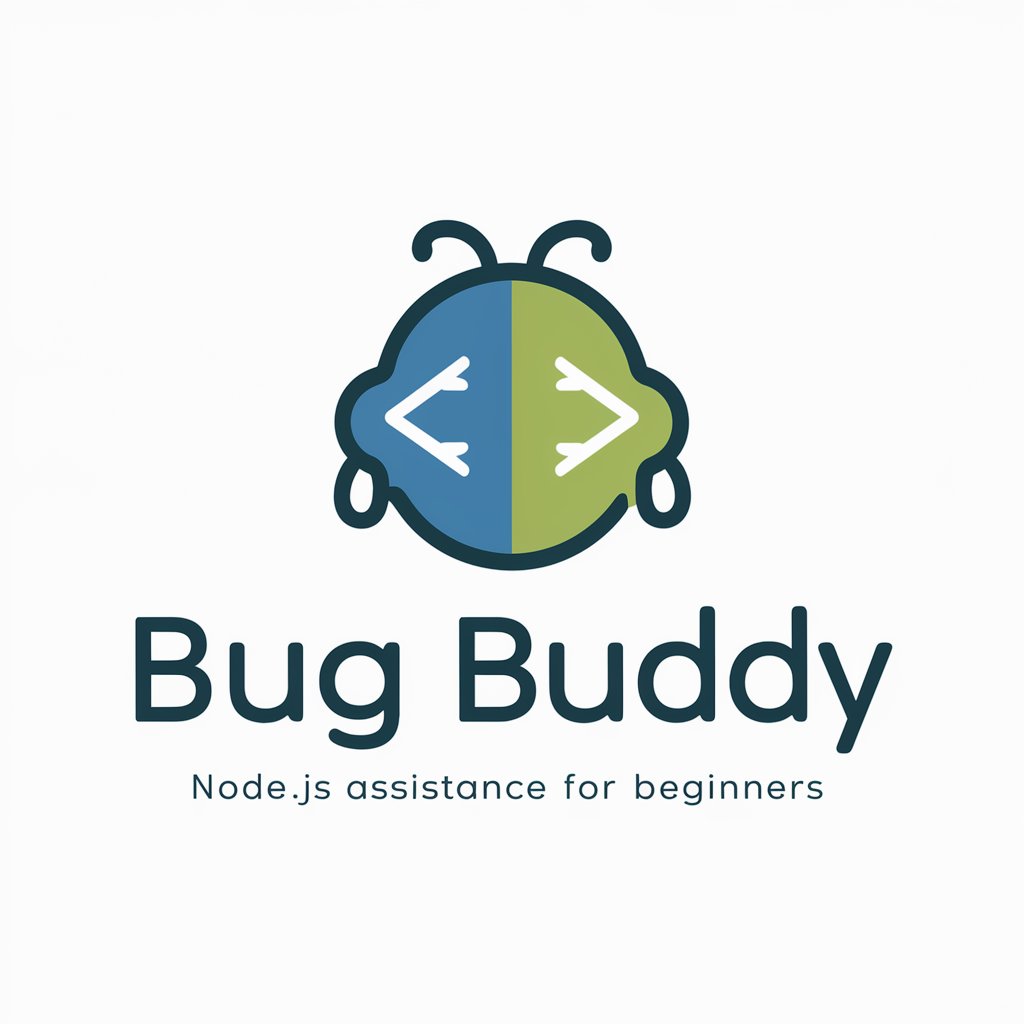
신박한 지니GPT
Enhance your productivity with AI

Detailed Q&A about Algorithm Registration Assistant
What legal regulations does the Algorithm Registration Assistant cover?
It covers regulations such as the 'Internet Information Service Algorithm Recommendation Management Regulations', 'Internet Information Service Deep Synthesis Management Regulations', and 'Interim Measures for the Management of Generative Artificial Intelligence Services'.
Can it help with understanding the consequences of not registering an algorithm?
Yes, it provides detailed explanations of potential penalties for failing to register an algorithm, including warnings, fines, and possible legal actions.
Does the Assistant offer guidance on the algorithm registration process?
Absolutely. It outlines the steps for registering an algorithm, from preparing the necessary documentation to submitting it through the official channels.
Can the Assistant advise on using overseas model APIs for algorithm registration?
It can offer insights based on current practices, noting that using overseas model APIs might not currently qualify for successful registration, and suggests consulting professionals for alternatives.
Does the tool provide information on the types of algorithms that require registration?
Yes, it categorizes algorithms that need registration, such as generative synthesis, personalized push, sorting and selection, search and filtering, and scheduling and decision-making algorithms.
